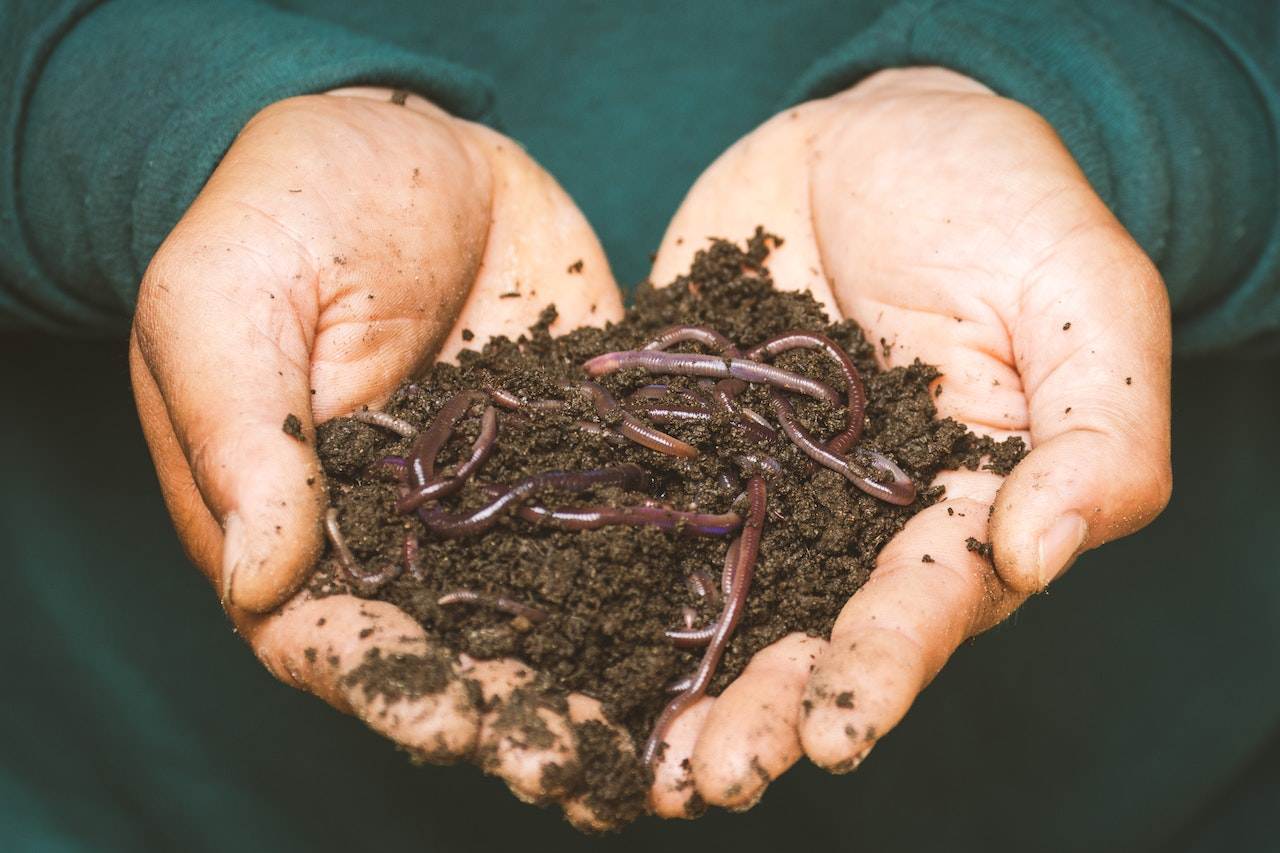Did you know that from 2023 Sheffield City must separate food waste collection and process them in line with a new UK law? A door stop collection service will be introduced and will work similarly to your black, blue and brown bin collections. But, we could do much more with a city-wide composting network involving the doorstop collection complemented by home and community composting. It’s entirely possible to put community composting at the forefront of this change, and it can offer many social, economic, and environmental benefits. As a city, we’ve set a goal to be carbon zero by 2030, and community composting could be a big part of this.
What is Community composting? community composting
Composting is a process of mixing ingredients, decomposing plant and food waste and recycling organic materials to create soil or fertiliser. The resulting mixture contains plant nutrients and beneficial organisms, such as worms and fungus. This helps plants grow more robust and is beneficial for insects and bugs that live in the soil. Many people home compost here in Sheffield, but there are specific issues with home composting that community composting can help with.
Home composting is unsuitable for processing meat, dairy, or cooked food as it can often attract vermin or produce foul-smelling odours. The ability to produce enough compost for your garden and not rely on store-bought compost is problematic on a smaller scale. Community composting can provide the solution of producing enough compost with all organic waste available. Not only can it process items home composters can’t, but it also provides the service to those in the community who don’t have access to a garden or the time to compost effectively.
Community composting can be provided by a variety of organisations, it doesn’t just have to be led by local authorities. Many of the most successful city community composting projects in the UK are run by urban farms, composting and allotment clubs, charities, educational institutes and waste management social enterprises. Community composting shouldn’t be a single approach but a collective system that can be accessed throughout Sheffield in many ways.
What are the benefits of Community composting?
You may have even tried home composting yourself, placing food and garden waste in a pile or compost bin to create your own rich soil. But, home composting, while amazingly beneficial for your own garden, is not on the same scale as community composting. Here is why community composting is beneficial for everyone in Sheffield.
Reduce Food Waste & Emissions
A tremendous amount of food is wasted in the UK from households and retailers. Most of this ends up in landfills, where it releases methane, a greenhouse gas 25 times more potent than carbon dioxide. Food waste in Sheffield releases around 215,381 tonnes of greenhouse gas equivalents every year. Community composting would ensure that food that can no longer be eaten is correctly disposed of and produces a minimum amount of methane and other greenhouse gases.
Of course, we should first reduce the volume of food waste that occurs in the first place. Luckily, organisations in Sheffield, such as FoodWorks Sheffield and Foodhall, are tackling this issue head-on. However, community composting provides an excellent solution for those food items that are not edible such as peelings or bone.
Reduced horticulture costs
By composting as much as possible, we can reduce horticulture costs for the community as a whole. Peat-free, organic compost can be expensive for households and local authorities alike. By creating a robust and large-scale community composting network, we can provide the majority, if not all, of the compost we need for horticultural activities in the community. This can help parks, landscaping, allotments, community gardens, schools and anywhere else in our city that needs healthy, nutrient-rich soil. We can reduce the horticultural costs of the city council as well as charities and non-profits. Plus, with a robust enough system in place, we can also provide low-cost compost to individuals as well.
Closed-loop
While saving money is a keep factor for many, this process would also turn our food system into a closed loop system. This means that nothing is wasted, everything is repurposed, and it continually produces what we need. Here’s how community composting could fit into a closed-loop system for Sheffield:
- You get local veg and fruit from an urban farm, an allotment or in your garden.
- You prepare the food, eat it and put any waste into your composting collection.
- The biowaste is processed by your local community composting service, producing nutrition-rich compost.
- The compost created is distributed back to the farm, allotments or your garden.
- We keep growing healthy, nutritious food, and the process starts again; zero waste.
A closed loop system could prevent waste, save money and helps improve soil quality in the community. In Hull, the council has chosen to enact a closed-loop system, turning all of their food waste into compost, which has been incredibly successful.
If we are to hit carbon zero by 2030, Sheffield needs to take a community approach to system changes. Community compost is a clear example of how this would work extraordinarily well for Sheffield people. We want to see the council, community organisations, and individuals come together to make community composting an integral part of our city’s maintenance. ShefFood has started a composting working group to join up knowledge from across the city with the hope of making community composting. Will you join us?
—
ShefFood is the food partnership for Sheffield. They are a cross-sector partnership of public agencies, businesses, and academic and community organisations committed to working together to create a more sustainable food system for Sheffield. The Environment Act of 2020 means that all food waste must be appropriately disposed of. This means that we have a real opportunity to make the most of this and create lots of compost for the city. ShefFood will be running a campaign all around this in the coming months and need as many people as possible to get involved. For more information, please contact ShefFood’s Partnership Coordination Team at info@sheffood.org.uk.

